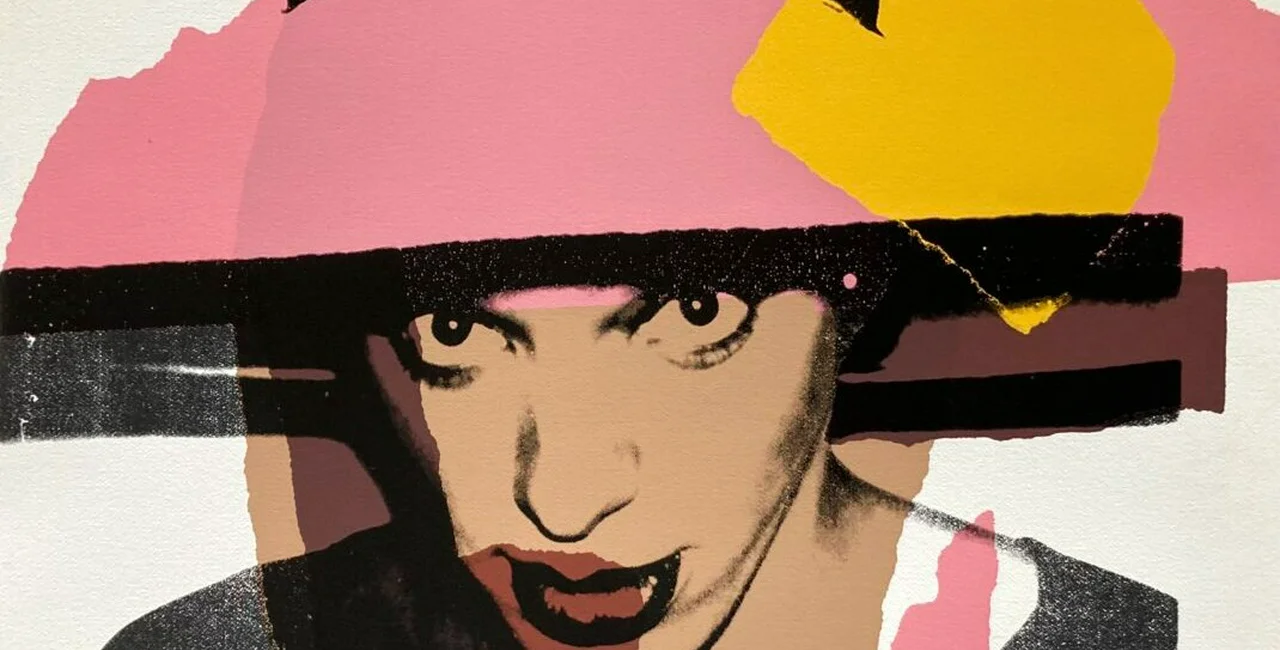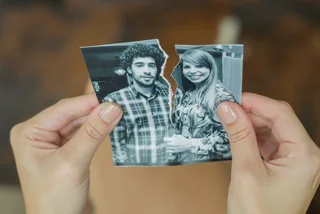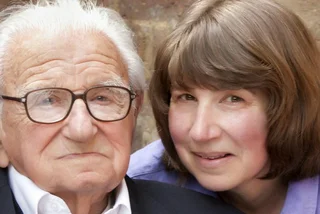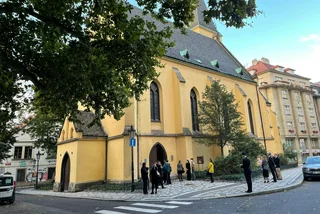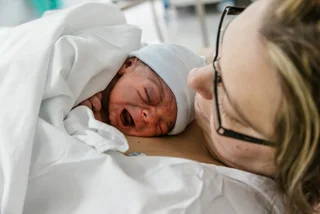1 Czechia responds to Putin's mobilization announcement
Czech politicians have condemned Russian President Vladimir Putin’s call for partial mobilization and have called for Europe to maintain its support for Ukraine as it fights against the Russian invasion. Prime Minister Petr Fiala said the mobilization is an attempt to further escalate the war that Russia started in Ukraine and more proof that Russia is the only aggressor. Defense Minister Jana Černochová said the mobilization will not help since there is nobody in Russia left to be mobilized anymore.
2 Alimony payment amounts are changing
The Justice Ministry has prepared a new table to determine recommendations for alimony, daily iDnes reported. The ministry says the website will be a tool to help parents reach an agreement about alimony. Depending on the number and age of dependents, the amount per child could be 8 percent to 20 percent of the parent's net income. When determining alimony, the extent of care or contact with the child should also be taken into account, as well as other factors. An online calculator will launch on the Justice Ministry website later this week.
3 The daughter of the 'British Schindler,' Sir Nicholas Winton, died
Barbara Winton, daughter of Sir Nicholas Winton, who saved hundreds of Czechoslovak Jewish children at the dawn of World War II, died in Britain following a lengthy illness at the age of 68, the Czech News Agency reports. Barbara Winton visited the Czech Republic several times and wrote a book, which was translated into Czech, describing her father's life story. She advocated for refugees throughout her life and regularly attended the Forum 2000 conference for world politicians and thought leaders held annually in Prague.
4 Prague will dim the lights on landmarks to save energy
Prague has reduced the nighttime illumination of some city monuments and historical sites to save on energy costs. Lighting on Prague monuments will switch off at 9:30 p.m. instead of the previous 11 p.m. The city is also selecting some monuments that could be switched off completely. This is the second round of cuts, as City Hall in June already reduced the amount of time monuments are lit by two hours.
5 Queen's funeral broke Czech streaming and broadcasting records
Monday's broadcast of Queen Elizabeth II’s funeral had over 3.8 million viewers who saw at least part of the coverage on Czech Television, Nova, and Prima, according to the Czech News Agency (ČTK). In total, 2.14 million people watched some of the Czech Television coverage on ČT1 and ČT24. Nova had 1.10 million viewers over the age of 4 watching part of its almost six-hour special. Coverage on CNN Prima News reached 602,000 viewers over the age of 15 throughout the day. Internet portal Seznam.cz reported that traffic increased about 400 percent due to people streaming coverage of the funeral on the servers of Seznam and Novinky.cz.
6 Czech maternity ward debuts controversial delivery technique
A maternity ward in Ostrava offers peregnant women a unique birth experience, CNN Prima News reports. Mothers-to-be giving birth by Caesarean section can pull the babies out of their bellies by themselves, with the assistance of a doctor. The mothers receive a sterile gown and sterile gloves. The benefits, doctors say, are that mothers and babies can have a first contact and bond earlier than through a traditional birth.
7 Prague's main railway station opens pedestrian-friendly underpass
An underpass connecting Prague’s main train station Hlavní nádraží to Seifertova Street and Náměstí Winstona Churchilla has fully opened after several months in provisional mode, the Railway Administration announced. This will make it easier for pedestrians going to Žižkov from the rail station and from the Hlavní nádraží metro stop. The underpass will also help students of the Prague University of Economics and Business (VŠE), which is located nearby. The construction, which lasted about 16 months, still needs some final touches.
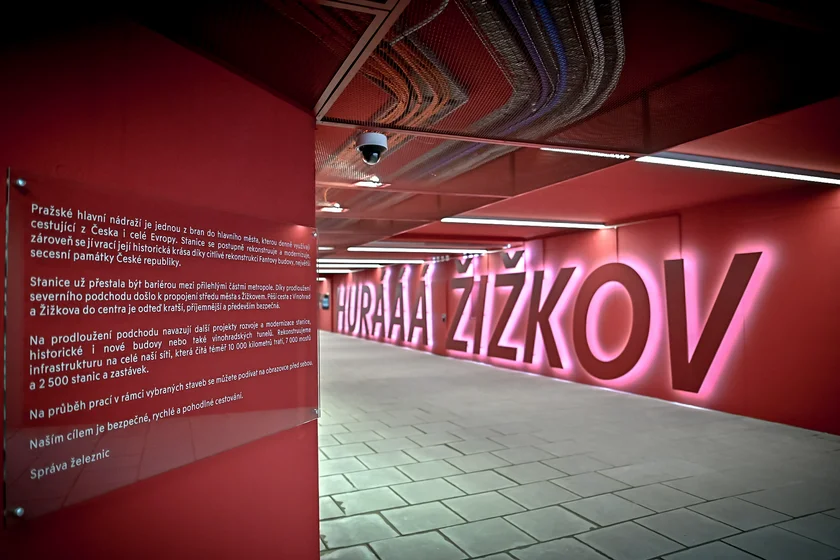
8 Energy prices could affect autumn tourism
Tourism entrepreneurs are preparing for a harsh autumn and winter due to high energy prices, daily Deník.cz reported. There is a threat that water parks, most of which have fixed prices until the end of the year, might see a wave of closure in the new year. "Ski resorts, spas, and wellness centers also have concerns about the future," CzechTourism director Jan Herget said. Czech Association of Mountain Resorts director Libor Knot said there is a risk of restrictions on operations in ski resorts due to energy costs. The restrictions could have an economic impact on entire regions.
9 Skoda is doubling down on upcycling
Škoda Auto plans to double the amount of recycled material that it uses in each car in the near future. It is already installing parts made from old car battery packaging or lids from recycled PET bottles. Currently more than 16 kilograms - out of a total of 262 kilograms - of recycled plastics are used in each new Octavia, daily Deník..cz reported. In the future, Škoda bumpers could be made from material recycled from old bumpers originating from any car model. Crash tests for this initiative are currently underway. Škoda is also working on making its car parts more recyclable at the end of the car’s life.
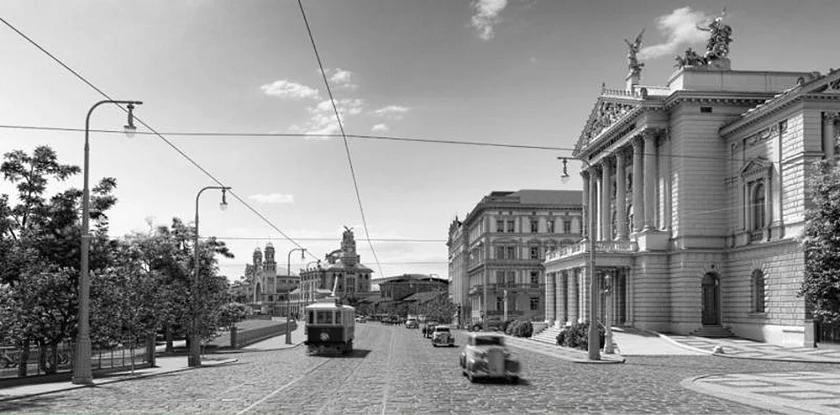
10 VR takes you back to Prague 100 years ago
People can see Prague as it looked 100 years ago at the multimedia exhibition in a tent at Náměstí Republiky. The exhibition enables visitors to take a virtual walk around the main railway station at the time of the creation of Greater Prague in 1922. The free exhibition can be seen daily from 9 a.m. to 7 p.m. until Sept. 24. Greater Prague was created on January 1, 1922, when 37 neighborhoods including Vinohrady, Žižkov, Smíchov, and Karlín merged with the city.
11 Warhol, Mucha, and more on display in one-day pop-up show
Prague's Hauch Gallery in Karlín will host a one-day pop-up show of works of František Kupka, Toyen, Andy Warhol, František Drtikol, Roy Lichtenstein, and Alfons Mucha. Online investment platform Portu Gallery announced the show on Facebook. The works, worth a total of CZK 11.85 million, are a combination of paintings that the investment gallery will offer this autumn together with already sold works, according Portu Gallery.
12 Czechs face low risk of natural disasters
Czechia has a low risk of a destructive natural disaster according to a global analysis by the German non-governmental organization Bündnis Entwicklung Hilft. The report evaluated risk of earthquakes, tsunamis, floods, cyclones, droughts, and sea level rise. Czechia came in 180th out of 192 ranked countries. The places most at risk were the Philippines, India, and Indonesia, while small countries such as Monaco, Andorra, and San Marino were the safest in the world.












 Reading time: 5 minutes
Reading time: 5 minutes 